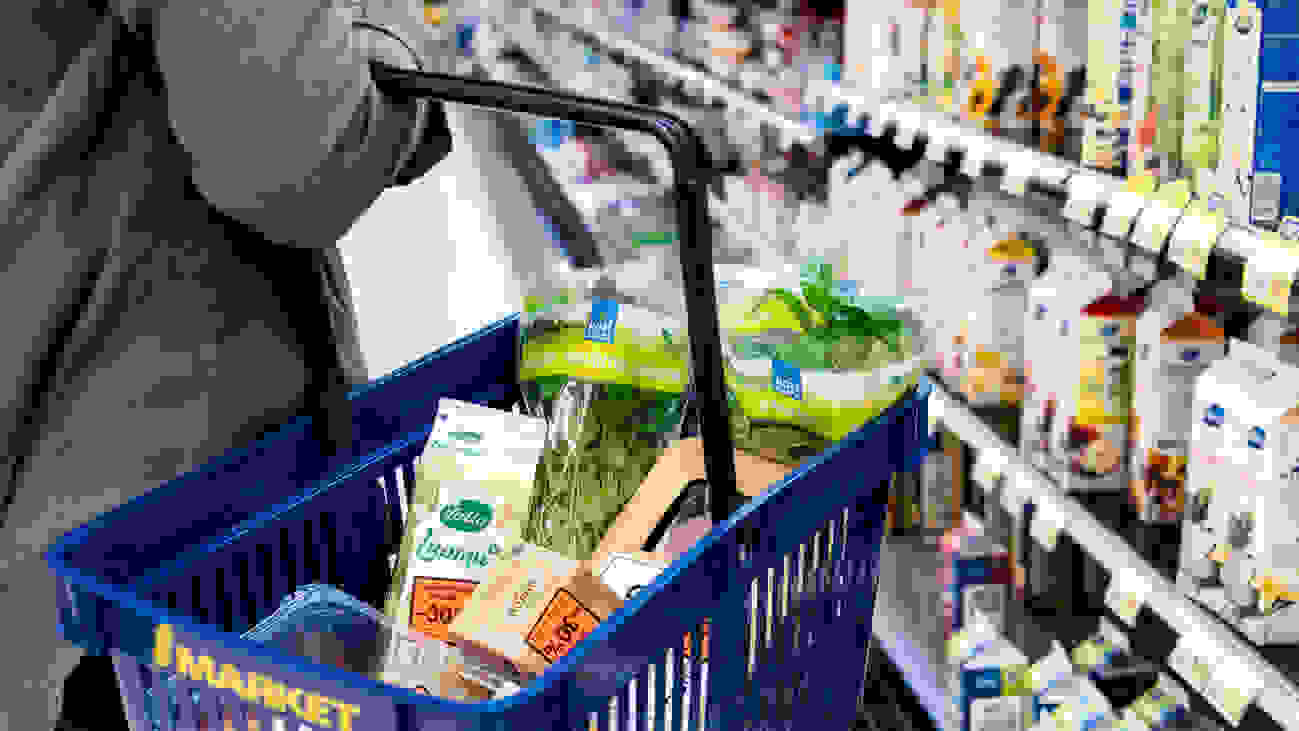“Last year was exceptional in terms of food waste in supermarket trade. The 7% drop was partly due to the increase in sales volumes and the faster turnover rate of fresh products, in particular. However, we have enhanced the way we supplement products based on estimates, which has also contributed to the drop,” says SVP Sanna Timola, S Group Retail Business.
Although the Covid-19 pandemic contributed to the management of food waste last year, it also made it very challenging to manage product volumes. The biggest buying rush momentarily affected the availability of minced meat and pastas.
Meanwhile, the Covid-19 pandemic affected S Group’s restaurants differently. The restaurants’ relative food waste increased slightly for the whole year, but the absolute food waste volume decreased due to the closure of the restaurants.
“In the spring, we had to shut down businesses completely unexpectedly, and the restrictions changed throughout the year. As a consequence, demand varied greatly, which caused more food waste than previously. Luckily, we had ready operating models and monitoring practices in our travel and hospitality industry, which helped us manage the situation”, says Tuomo Keskinen, Group Manager of S Group’s travel and hospitality industry chain management.
Circular economy solutions help tackle food waste
At the end of 2020, S Group updated its food waste objective as part of the new responsibility programme. Now the aim is to halve food waste by the year 2030. The new objective is in line with the UN Sustainable Development Goals.
“From now on, we will have more cooperation with different players of the food supply chain to find solutions. In addition, we will explore opportunities to use the side streams of our own operations more efficiently. It can mean new kinds of partnerships,” says Nina Elomaa, Senior Vice President, Sustainability at S Group.
In addition to S Group’s own and the food supply chain’s measures, Elomaa hopes that consumers will also do their share, because a large part of food waste is still generated in households.
“Everyone needs to contribute to reducing food waste. More and more consumers are considering ways to waste food less. We as a player in trade and the travel and hospitality industry as well as our suppliers have the opportunity to support consumers through product packaging or new products made from food waste, for example. It is also necessary to talk about increasing our appreciation of food.”
